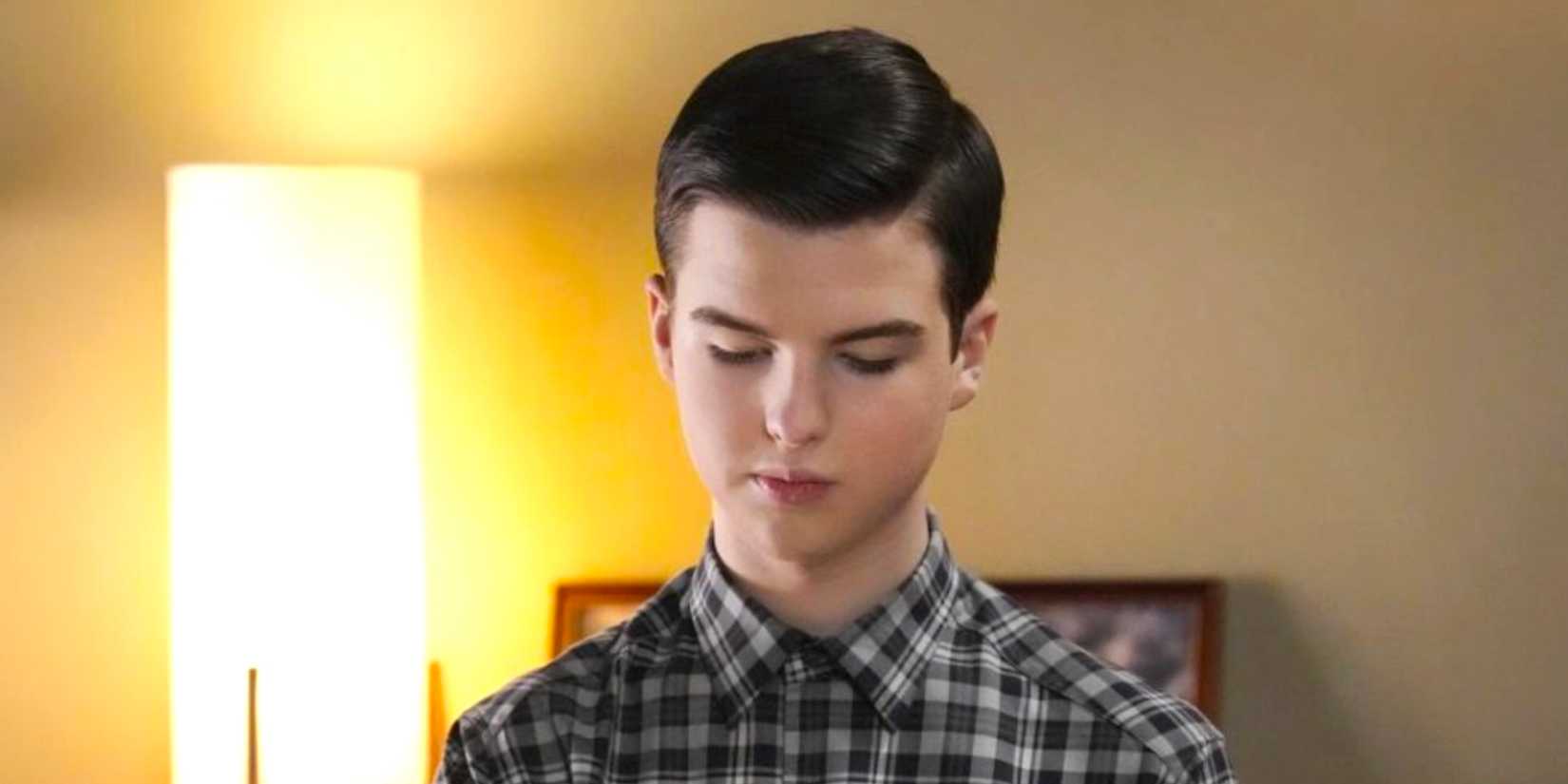Young Sheldon brilliantly broadened The Big Bang Theory’s world with a warmer tone, a single-camera format, and character-driven storytelling—but it also sanded down one pivotal edge of its title character. By dialing back Sheldon Cooper’s history of childhood bullying, the prequel reshapes how audiences understand his adult personality, and in the process, it introduces a thorny canon question that echoes across both series.
How Young Sheldon Escaped Its Parent Show’s Shadow
By the time The Big Bang Theory ended, it was the most-watched sitcom since Friends. Any spinoff faced towering expectations, but Young Sheldon made bold, confident choices to stand on its own. The show ditched the laugh track, embraced a single-camera style, and leaned into a gentler, nostalgic vibe centered on family and community instead of broad punchlines.
Those choices paid off. Some of Young Sheldon’s best episodes—grounded in emotion and subtle humor—wouldn’t have worked under Big Bang’s zippier, gag-forward approach. Still, the shift in tone came with trade-offs. Where The Big Bang Theory often played Sheldon’s painful childhood anecdotes for laughs, the prequel had to either engage that history with sensitivity or route around it entirely. In doing the latter, the series quietly rewrote a defining piece of Sheldon’s origin.
The Bullying Backstory That Went Missing
What The Big Bang Theory Told Us About Sheldon’s Childhood
Across The Big Bang Theory, Sheldon regularly recalled being bullied—by classmates and, at times, tormented by his siblings. These stories were typically quick asides or throwaway jokes, but they painted a consistent picture: a brilliant, awkward prodigy who endured social isolation and physical intimidation while growing up.
<img src=" ” alt=”Sheldon Cooper as a child: references to bullying in The Big Bang Theory” />
” alt=”Sheldon Cooper as a child: references to bullying in The Big Bang Theory” />
That created an obvious storytelling dilemma for Young Sheldon. The prequel couldn’t lean on the original show’s punchline-driven framing for bullying without risking tonal whiplash. Yet ignoring it completely would weaken the psychological scaffolding that helped explain adult Sheldon’s prickly superiority and emotional distance.
In The Big Bang Theory, Sheldon’s belief that he was smarter—and therefore safer—than everyone else seemed like armor. It felt forged by isolation and cruelty. But as Young Sheldon progressed, Sheldon’s relationship with Missy remained affectionate, and his school life seldom turned physically threatening. The result is a softer past that doesn’t fully account for the rigid defenses we meet in his adult years.
Why Softening the Past Alters Sheldon’s Personality
When viewed through The Big Bang Theory alone, Sheldon’s egocentrism and need for control register as a survival strategy. Remove the long-running implication of serious bullying, and that same behavior can read as simple self-absorption. On a rewatch, the calibration shifts: his arrogance becomes harder to excuse and easier to resent.
What makes this even more notable is that earlier single-camera comedies—like Everybody Hates Chris and Malcolm in the Middle—managed to depict bullying without derailing their humor or humanity. Both shows centered on gifted, misunderstood boys who weren’t always easy to root for, yet they balanced painful experiences with levity and empathy. Young Sheldon, by contrast, mostly sidestepped the theme. When Sheldon finally faced a bully, the twist was that she was younger and smaller, defusing most of the menace and leaving the storyline more whimsical than wounding.
When Canon Collides: The Ripple Effects on The Big Bang Theory
Dropping the Bullying Changes a Key Motivation
Young Sheldon’s avoidance of serious bullying reframes adult Sheldon’s persona on The Big Bang Theory. What once felt like a protective carapace now lands as entitlement. That tonal reset doesn’t just affect one character; it subtly shifts the moral math of the ensemble’s dynamics and even threads into the wider universe explored in Georgie & Mandy’s First Marriage.
<img src=" ” alt=”Young Sheldon cast and family dynamics affecting Big Bang Theory canon” />
” alt=”Young Sheldon cast and family dynamics affecting Big Bang Theory canon” />
For instance, in The Big Bang Theory season 11, episode 23, “The Sibling Realignment,” Georgie tells Sheldon that after their father’s death, he was the one expected to shoulder responsibility for their mother and sister while Sheldon left for California. At the time, this felt tragically logical: a family history of neglecting Sheldon’s needs and dismissing his pain made his exit understandable, if emotionally costly.
But Young Sheldon retcons the emotional context. With the prequel showing far less harassment and a more supportive environment than Sheldon once described, Georgie appears more dutiful, and Sheldon’s absence seems less defensible. The estrangement stops feeling like a painful inevitability and starts looking like an imbalance that the prequel never fully reconciles.
Georgie, Responsibility, and a Rewritten Sibling Feud
Young Sheldon effectively rehabilitates Georgie’s image. Without a documented history of standing by while Sheldon suffered, Georgie no longer reads as the brother who failed to protect him. That reframe may be explored further in Georgie & Mandy’s First Marriage season 2, which could add new layers to the brothers’ distance. But as it stands, the backstory presented in the prequel undercuts the fairness and symmetry of their rift as portrayed in The Big Bang Theory.
Opportunities the Prequel Missed to Justify Sheldon’s Edge
College Frustrations Could Have Replaced Schoolyard Trauma
It’s completely understandable that the creators of Young Sheldon avoided showcasing ongoing, intense bullying. It’s difficult to portray sensitively within a family-friendly comedy, and it clashes with the show’s comforting tone. Still, the series had other avenues to explain Sheldon’s hardened worldview without revisiting physical intimidation.
One natural substitute would have been academic gatekeeping. A child genius entering college could plausibly face condescension, dismissal, or institutional skepticism—credible sources of resentment that would track with adult Sheldon’s superiority and rigidity. Yet, on Young Sheldon, the faculty are often remarkably patient. Even the prickliest professors guide Sheldon more than they block him, which means the show doesn’t supply an alternative crucible to justify his sharper edges later in life.
<img src=" ” alt=”College professors mentoring young Sheldon instead of antagonizing him” />
” alt=”College professors mentoring young Sheldon instead of antagonizing him” />
By sidestepping both bullying and substantive academic pushback, the prequel leaves a motivational gap. Young Sheldon’s finale deepens our emotional understanding of Sheldon, but it also highlights how carefully the series curated his past—sometimes at the expense of the very friction that shaped him on The Big Bang Theory.
Why This Matters
Canon isn’t just trivia—it’s the connective tissue that helps audiences reconcile character growth across multiple shows. By smoothing out Sheldon’s most difficult childhood experiences, Young Sheldon gives us a kinder coming-of-age story, but it also erodes the explanatory power behind adult Sheldon’s behavior. That shift affects how we read his relationships, from Missy and Georgie to the Pasadena gang, and it complicates the moral balance that made his flaws feel earned rather than arbitrary.
None of this diminishes what Young Sheldon accomplished. It delivered heartfelt family storytelling and made a colossal franchise feel intimate again. But it’s a reminder that when spinoffs rewrite pain into warmth, they should replace that lost adversity with something equally clarifying. Whether future chapters—especially in Georgie & Mandy’s First Marriage—address this gap will determine how seamlessly the franchise’s past and future fit together. For fans who care about character consistency, that alignment is more than a nitpick; it’s the difference between a charming prequel and a cohesive universe.
